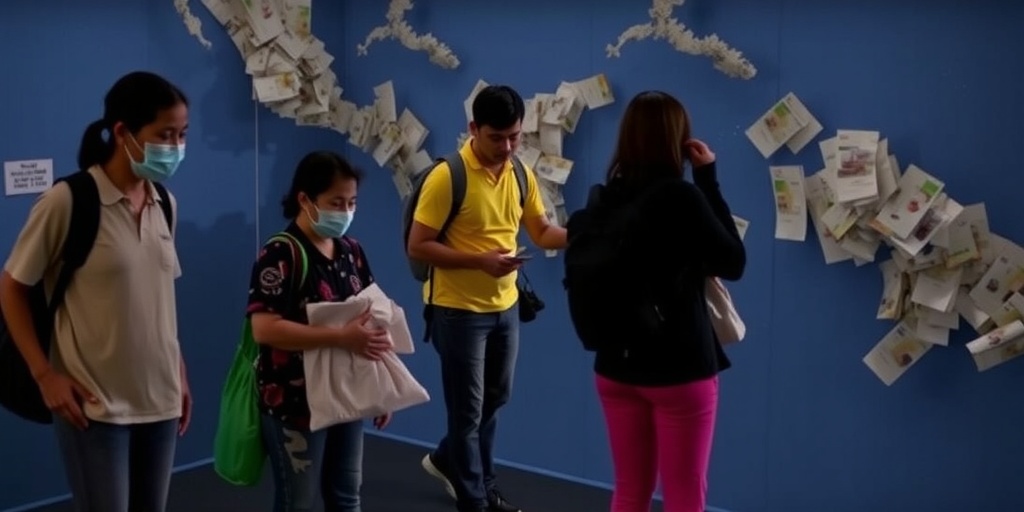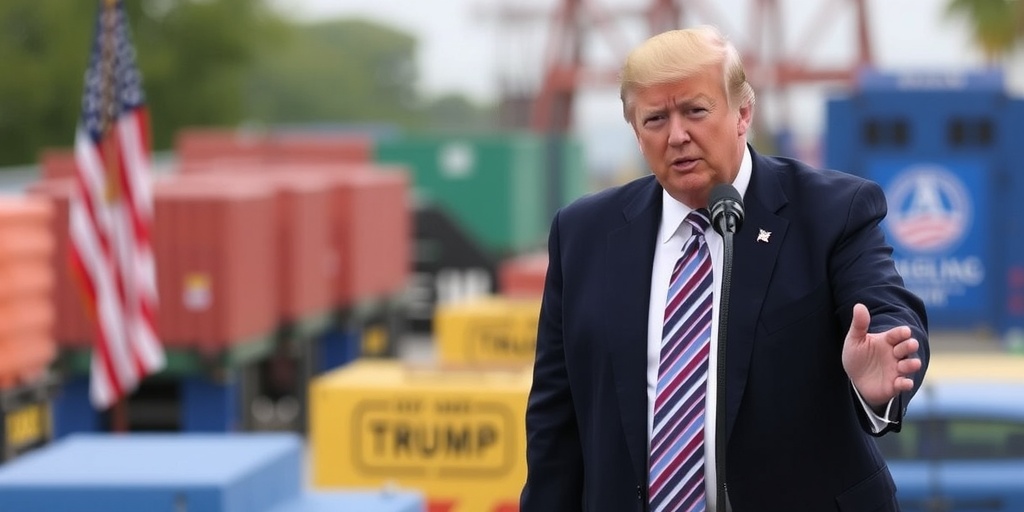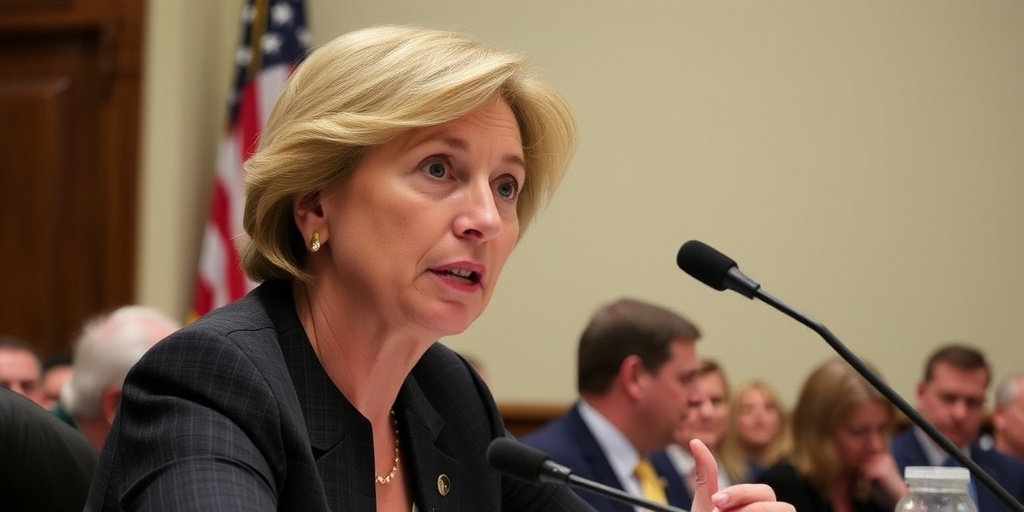Now Reading: U.S. Deports Asian Migrants to Panama
-
01
U.S. Deports Asian Migrants to Panama
U.S. Deports Asian Migrants to Panama

Title: U.S. and Panama Collaborate on Deportations of Migrants from Asia
In a significant development for immigration policy, the Trump administration conducted a deportation operation that saw migrants from several Asian nations flown to Panama late Wednesday. This unprecedented move, as reported by both Panamanian and U.S. officials, marks a potential shift towards accelerating the removal of unauthorized immigrants from the United States, particularly those hailing from countries that have historically made repatriation difficult.
The operation involved a military aircraft departing from California, carrying over 100 migrants, including families, who had entered the U.S. illegally from countries such as Afghanistan, China, Pakistan, and Uzbekistan. This specific flight represents the first of its kind under the Trump administration and could indicate a change in how deportations are managed, especially for individuals from nations that do not easily accept returned migrants.
Panama’s President, José Raúl Mulino, confirmed that the diverted migrants arrived at an airport outside Panama City and were temporarily housed in a local hotel. The International Organization for Migration (IOM) is overseeing their transition to a shelter in Darién, a province in eastern Panama, where logistical arrangements for their eventual repatriation will be made. President Mulino expressed hope for a swift resolution, stating that the migrants would be flown back to their countries of origin through American-funded flights.
“This is another contribution Panama is making regarding the migration issue,” Mulino remarked at a news conference. The recent operation follows Secretary of State Marco Rubio’s visit to Panama, where discussions likely included diplomatic pressure from President Trump regarding Panama’s governance of the Panama Canal, a strategic asset that President Trump has previously indicated the United States would want to reclaim control over.
The flight and the subsequent governmental actions could signal the beginning of a new phase in Trump’s broader immigration strategy, which includes mass deportations. It also highlights the willingness of certain Latin American governments to collaborate with U.S. authorities, albeit under considerable diplomatic pressure. However, numerous concerns arise regarding the conditions migrants may face upon being sent to a foreign country with which they may not be familiar, given the significant cultural and linguistic barriers.
In a striking move reflecting Panama’s increased role in regional immigration issues, the government has proposed to transfer recently arrived migrants to a remote town situated at the end of the dangerous Darién Gap, an area notorious for its hazardous jungle terrain, followed by potential repatriation by air or sea. Mulino disclosed to reporters that additional flights by the U.S. Air Force are anticipated, with a total of around 360 migrants expected to be deported to Panama in the coming weeks.
The IOM issued a statement emphasizing its support for the migrants arriving in Panama, detailing its efforts to assist with the returns and facilitating safe alternatives according to the needs of the individuals involved. The evolving demographics of migration at the southern U.S. border have shifted, now including a more diverse set of nationalities, prompting the U.S. administration to negotiate agreements with nations like El Salvador and Guatemala to accept deportees of other nationalities.
However, critics of the U.S. immigration policies have raised alarms about the potential dangers posed to migrants who may be forcibly returned to countries with poor human rights records and high levels of violence. For instance, El Salvador has been criticized for its widespread human rights violations, while Guatemala suffers from rampant violent crime. Such concerns underline the complexity and ethical implications inherent in the deportation strategies being employed.
Furthermore, Mulino indicated a willingness to accept deportees from various source countries, a shift that could reshape Panama’s role in the international migration landscape. He expressed certainty about the inevitability of reverse migration, suggesting that individuals could be returned to Panama along the same routes used to migrate north to the U.S.
President Trump’s administration has consistently prioritized controlling illegal immigration as part of its broader foreign policy agenda, particularly in the context of countering China’s influence in the region. During his engagements with Mulino, Rubio underscored the need for Panama to align with U.S. efforts to minimize Chinese impacts in the area while addressing the migration challenges stemming from neighboring countries.
In conclusion, the deportation of migrants to Panama could serve as a precursor to more significant shifts in U.S. immigration policies and international diplomatic relations surrounding migration. As the situation develops, the implications for both the migrants involved and the countries facilitating their removal will continue to unfold, highlighting the nuanced and often contentious issues surrounding immigration in the Americas.
Stay Informed With the Latest & Most Important News
Previous Post
Next Post
-
 01New technology breakthrough has everyone talking right now
01New technology breakthrough has everyone talking right now -
 02Unbelievable life hack everyone needs to try today
02Unbelievable life hack everyone needs to try today -
 03Fascinating discovery found buried deep beneath the ocean
03Fascinating discovery found buried deep beneath the ocean -
 04Man invents genius device that solves everyday problems
04Man invents genius device that solves everyday problems -
 05Shocking discovery that changes what we know forever
05Shocking discovery that changes what we know forever -
 06Internet goes wild over celebrity’s unexpected fashion choice
06Internet goes wild over celebrity’s unexpected fashion choice -
 07Rare animal sighting stuns scientists and wildlife lovers
07Rare animal sighting stuns scientists and wildlife lovers





















